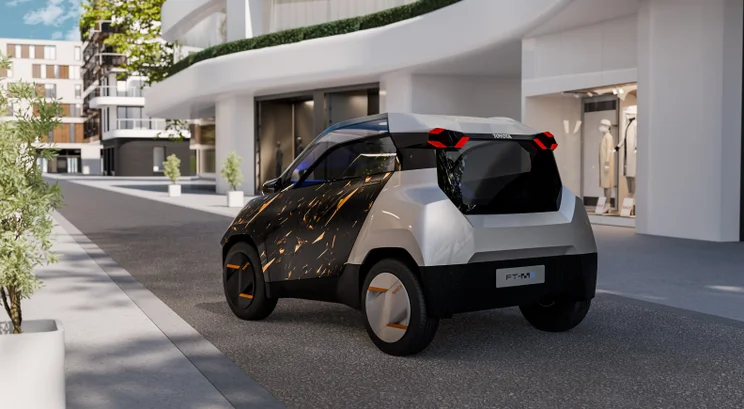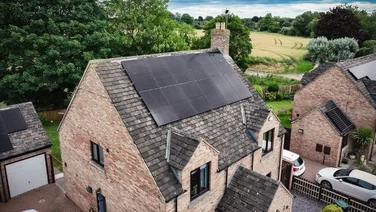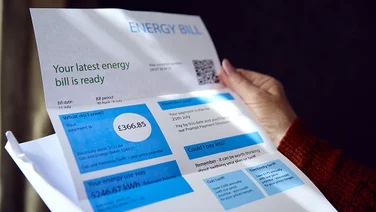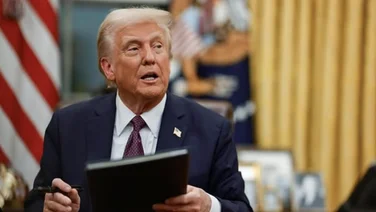- Government announces plans to update ZEV Mandate
- Petrol and diesels will still be phased out by 2030
- Sales boom by 38% year-on-year

The government has announced it will update the Zero Emission Vehicle (ZEV) Mandate in a bid to boost take up of electric vehicles (EVs) further following a record start to the year for sales.
In a statement the government said it will take measures to make it easier for car manufacturers to meet the demands of EV legislation, which aims to stop the sale of new petrol or diesel cars by 2030.
These include:
- Increasing flexibility of the mandate for manufacturers up to 2030, so that more cars can be sold in later years when demand is higher
- Allowing hybrid cars – like the Toyota Prius and Nissan e-Power – to be sold until 2035 to help ease the transition and give the industry more time to prepare
- Continuing to boost demand for EVs, on top of the £2.3bn already being spent on boosting manufacturing in Britain and improving charging infrastructure, with a new chargepoint popping up every half an hour
- Pressing on with tax breaks worth hundreds of millions of pounds to help people switch to EVs
The measures are also designed to make the UK economy more resilient in the face of global headwinds, including tariffs imposed on car imports by US president Donald Trump.
The package is part of the government’s Plan for Change and will be backed by a modern Industrial Strategy, which is due to be published in full this spring.
Kier Starmer said that global trade is being transformed by tariffs and instability, so “we must go further and faster” in reshaping the UK economy through Plan for Change.
“I am determined to back British brilliance. Now more than ever, UK businesses and working people need a government that steps up, not stands aside,” he said.
“Today I am announcing bold changes to the way we support our car industry. This will help ensure home-grown firms can export British cards built by British workers around the world and the industry can look forward with confidence, as well as back with pride.
The updated ZEV Mandate will ensure flexibilities support UK manufacturers by:
- Maintaining the existing phase-out dates and headline trajectories for cars and vans
- Extended the current ability to borrow in 2024-26 to enable repayment through to 2030
- Extending the current ability to transfer non-ZEVs to ZEVs from 2024-26, out to 2029, giving flexibility to reward CO2 savings from hybrids – caps will be included to ensure credibility
- Introducing a new flexibility by allowing for van to car transfer, i.e. one car credit will be exchanged for 0.4 van credits, and one van credit will be exchanged for 2.0 car credits.
The changes will exempt small and micro-volume manufacturers – supercar brands including McLaren and Aston Martin – from the 2030 phase out, preserving some of the UK car industry’s most iconic jewels for years to come.
Vans with an internal combustion engine will also be allowed to be sold until 2035, alongside full hybrids and plug-in hybrid vans.

EV sales continue to boom
The announcement coincided with the news that EV sales enjoyed a record start to the year, with sales up 38% on 2024 in March, according to new data from New AutoMotive, a UK NGO.
The data signals a sustained rise in demand for EVs as consumers are attracted by running cost savings and a better driving experience, the NGO said.
Tesla’s UK registrations stood still in March, unchanged from the previous year. And amid surging sales of EVs, Tesla reduced its share of UK EV registrations, while Volkswagen increased its share. Globally, Tesla’s sales have plummeted in 2025 following a backlash against its controversial CEO Elon Musk.
Despite this, Tesla is still the UK’s leading electric brand, but it does look likely to be eclipsed by other brands in the coming months, New AutoMotive said.
Petrol and diesel car sales also continue to decline, with petrol registrations falling by 25% in Q1 2025 year-on-year (YoY). Diesel registrations went down by 15%, accounting for just 5.5% of all new cars.
The update is good news for carmakers under the UK’s Zero Emissions Vehicle (ZEV) mandate that requires them to meet a 28% Battery EV (BEV) sales target this year.
However, New AutoMotive’s analysis suggests compliance can be achieved with closer to 23% EV sales, thanks to policy flexibility that allow manufacturers to offset targets with cleaner hybrid and petrol models.
Dan Caeser, CEO, Electric Vehicles UK, said: “One in five new car sales being battery electric over the past eight years is testament to end-user interest in efficient technology, especially in such challenging economic conditions.
“An average of 24% of new car sales since the general election, as opposed to 17.5% in the prior year shows the government’s ZEV resolve is encouraging confidence in EVs, as are the stories of real-life drivers.”
BEV sales are expected to strengthen over the course of the year, brands are expected to collectively hit the 23% target by the end of the year.
New AutoMotive claim some already have, with VW currently achieving compliance, and BMW currently have a surplus of ZEV mandate credits.
The ongoing tariffs on the US are unlikely to have an impact, according to New AutoMotice, on the UK’s EV market, given the limited imports of US EVs and limited exports of EVs to the US.
The UK NGO said the message from the data should be clear to ministers: don’t mess with success.
Caesar adds that with more and more affordable EVs entering the country in 2025, and a thriving used sector, the UK is in the process of cementing its position as the leading BEV market in Europe.

Why should you own an EV?
Owning and buying an EV is becoming increasingly cheaper, with drivers able to save £1,100 a year compared to petrol if they charge overnight at home.
Half of used EVs are sold at under £20,000 and 29 new EVs are available under £30,000.
The UK was the largest EV market in Europe in 2024 and the third in the world with more than 382,000 EVs sold – up a fifth on the previous year.
There are now more than 75,000 public chargepoints in the UK, with one added every 29 minutes, ensuring motorists are always a short drive from a socket.
Ed Miliband, energy secretary, said: “It is very important the government has strengthened our commitment to our world leading EV transition plan.
“This plan will benefit UK consumers by expanding the market for cars that are cheaper to run and it will support our domestic manufacturing so we can seize this global opportunity.”






